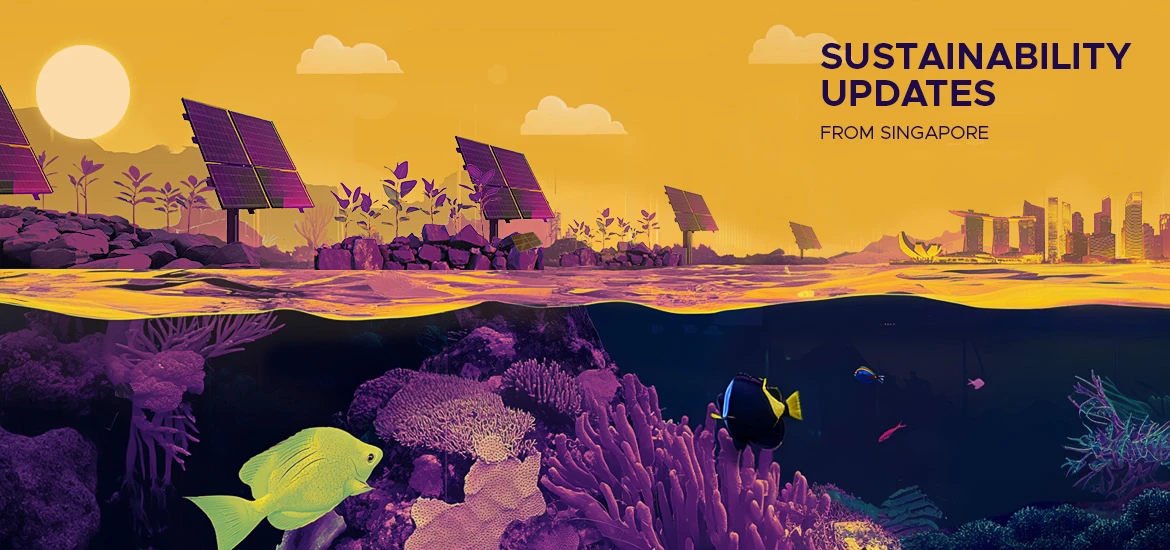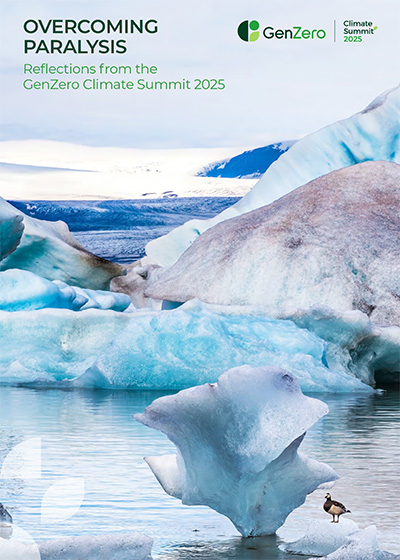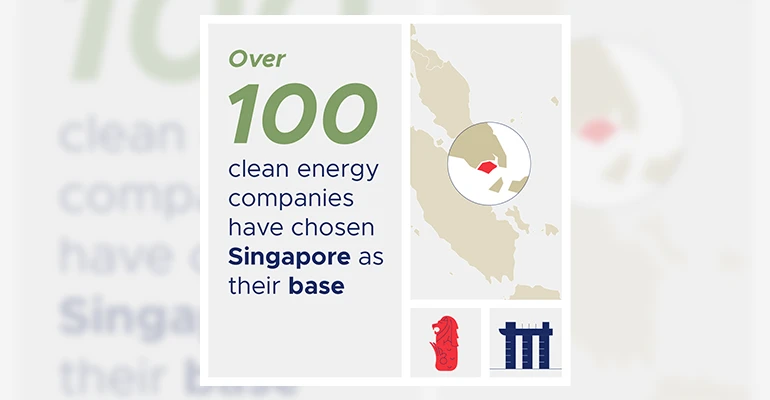During Ecosperity Week 2025, the Singapore Carbon Market Alliance (SCMA) also held its third session, focused on the Singapore-Ghana Implementation Agreement (IA).
Over 80 participants including carbon project developers, buyers, and intermediaries gathered and heard directly from government representatives about the progress of the Singapore-Ghana IA and carbon market frameworks in Ghana and Singapore. Participants exchanged insights about their experience navigating the IA, networked with fellow SCMA members, and formed meaningful connections that can support future Article 6 transactions.
The first agreement targets cross-border electricity trade – to develop the necessary policies, regulatory mechanisms, and commercial terms within a year.
The second agreement focuses on collaboration in carbon capture and storage (CCS). A joint working group will be formed to explore a legally binding bilateral agreement to facilitate project implementation.
The third agreement supports development of a sustainable industrial zone in the Bintan, Batam, and Karimun region – known collectively as BBK – near Singapore.
These agreements are described as creating “win-win opportunities” that will bring economic benefits for both countries, including job creation and capital investment attraction. The partnerships also contribute to the broader ASEAN power grid initiative and position the region as a leader in cross-border CCS technology.
Sembcorp Utilities, a wholly owned subsidiary of Singapore-based Sembcorp Industries, has inked an agreement with PetroVietnam Technical Services Corporation (PTSC), a member of the Vietnam National Industry – Energy Group, to explore the feasibility of developing a new electricity link between the two countries.
Under the agreement, the partners will evaluate the feasibility of exporting offshore wind power and potentially other forms of renewable energy from Vietnam to Malaysia and Singapore via a new subsea cable. This represents the latest push to establish an ASEAN power grid, aimed at strengthening energy security and achieving net-zero emissions in the region.
A major pain point in importing electricity has been the establishment of grid infrastructure to deliver power from where it is generated. Financial institutions show low appetite for funding such infrastructure due to perceived high risks and large upfront costs.
SGEI’s role is to invest in, develop, own, and operate interconnectors to import electricity. With its government-linked backing, SGEI is expected to increase investor confidence and attract new funding. SGEI announced its first deal on 30 May, to develop a new subsea electricity cable between Indonesia and Singapore.
The development supports Singapore’s target of importing 6 gigawatts (GW) of low-carbon electricity, or approximately one third of its energy needs, by 2035. SGEI will work with ASEAN partners and stakeholders to create the required infrastructure for cross-border electricity trade, while facilitating technical cooperation and promoting best practices within the sector.
In a new report released by climate and energy research group Zero Carbon Analytics, international investment projects for renewable energy in ASEAN have increased by an average of about 15 per cent yearly since 2020, higher than the global average of 11 per cent.
ASEAN’s electricity demand is expected to grow 41 per cent by 2030, and renewable energy capacity is set to increase by 300 to 500 per cent by 2035, according to the report. For developing regions, foreign investment and financing gaps are key in renewables and grid development.
China, Japan, and South Korea are some of ASEAN’s largest clean energy investors, investing over US$2.7 billion (S$3.46 billion), US$2.45 billion (S$3.14 billion), and US$583 million (S$746.5 million) respectively between 2013 and 2023.
6. Global organisations expand their carbon project development teams in Singapore
Environmental non-profit The Nature Conservancy (TNC), and international climate solution providers Climate Bridge International and 3Degrees are deepening their presence in Singapore. Their expansions are supported by EDB’s Carbon Project Development Grant.
7. New carbon credit implementation agreements
In this quarter, Singapore finalised carbon trading agreements with Peru, Rwanda, Chile, and Paraguay. Singapore has now signed Implementation Agreements with seven countries in total.









